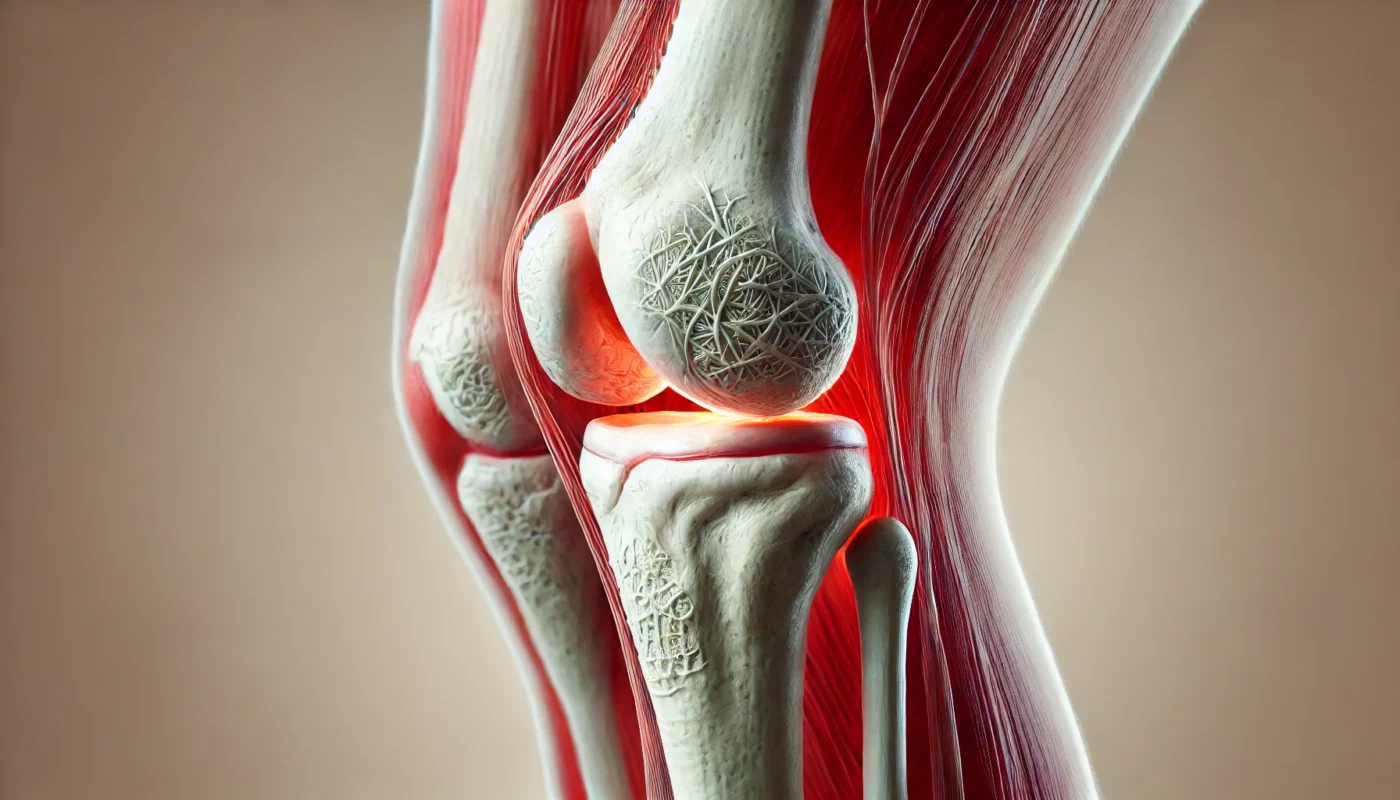Inflammation is a natural response by the body’s immune system to injury or infection. While acute inflammation is beneficial and a necessary part of the healing process, chronic inflammation can wreak havoc on your health. It is linked to several chronic diseases and conditions, making it imperative to address through dietary and lifestyle changes.
Tag Archives: healthy lifestyle
Inflammation is a protective mechanism that helps the body heal from injuries and fight infections. When the body detects a threat, the immune system releases white blood cells to the affected areas, resulting in redness, heat, and swelling. While this response is beneficial in the short term, chronic inflammation can cause lasting damage to healthy tissues and organs. It is linked to a variety of diseases, including arthritis, heart disease, and even cancer.
Grapes have long been cherished not just for their delightful sweetness and versatility in culinary applications, but also for their potential health benefits. Among the multitude of health topics that pique the interest of fitness enthusiasts, health aficionados, and medical patients alike, the relationship between grapes and inflammation stands out as particularly intriguing. Let’s delve into the scientific evidence and explore whether grapes, along with other popular fruits, are friends or foes in the context of inflammation.
Managing pain is an essential component of maintaining overall health and well-being. With the rising awareness of the risks associated with opioid medications, there has been a significant shift towards exploring non-opioid alternatives for pain management. This article delves deeply into the realm of non-opioid painkillers, offering insights into their efficacy, safety, and the myriad options available for those seeking effective pain relief without the associated risks.
Reducing belly fat is a common goal among women striving for a healthier lifestyle and a more toned physique. While spot reduction is largely a myth, incorporating specific exercises into your routine can help you achieve a flatter stomach by burning overall body fat and strengthening the core. In this comprehensive guide, we will delve into effective exercises that target belly fat and explore the scientific principles behind them to help you make informed decisions about your fitness journey.
In the fast-paced world we live in, stress is an inevitable part of daily life. As you navigate through your busy schedule, your body releases cortisol, a hormone that plays a significant role in your stress response. While cortisol is essential for your survival, chronic stress can lead to an overproduction of this hormone, causing a myriad of health issues. Enter the cortisol water hack—a simple yet effective strategy to naturally lower cortisol levels and promote overall well-being.
Insulin’s primary role is to facilitate the uptake of glucose, or sugar, from the bloodstream into the cells where it can be used as energy or stored for later use. During exercise, muscle contractions stimulate glucose uptake independently of insulin, yet the presence of insulin enhances this effect, optimizing energy utilization. This section explores the dynamic interplay between insulin and exercise, highlighting how this relationship is crucial for energy management and performance enhancement.
The immune system is a complex network of cells, tissues, and organs working together to defend the body against harmful invaders. It comprises two primary components: the innate immune system, which acts as the first line of defense, and the adaptive immune system, which targets specific threats with precision.
The innate immune system is the body’s first response to pathogens and is non-specific, meaning it attacks any foreign invader. It includes physical barriers like skin and mucous membranes, as well as immune cells such as phagocytes and natural killer cells. These components work in tandem to detect and destroy invaders before they cause harm.
The innate immune response is rapid, often responding within minutes to hours of an invasion. The cells involved in this system, such as neutrophils and macrophages, are constantly on patrol, identifying and engulfing pathogens. This immediate response is crucial for preventing infections from taking hold.
Chemical signals, such as cytokines, play a significant role in the innate immune system by coordinating the response. These signals can recruit additional immune cells to the site of infection, increasing the body’s ability to eliminate the invader.
A robust immune system is essential for warding off infections and illnesses. It acts as the body’s defense mechanism, identifying and neutralizing harmful pathogens such as bacteria, viruses, and other foreign invaders. While numerous factors contribute to immune health, including genetics and lifestyle choices, diet is a fundamental aspect that can be directly controlled.
Before diving into solutions, it’s essential to understand what joint inflammation is. Joint inflammation, or arthralgia, is characterized by swelling, pain, and stiffness in the joints. It can result from various causes, including autoimmune disorders, injuries, or general wear and tear of the joints.










